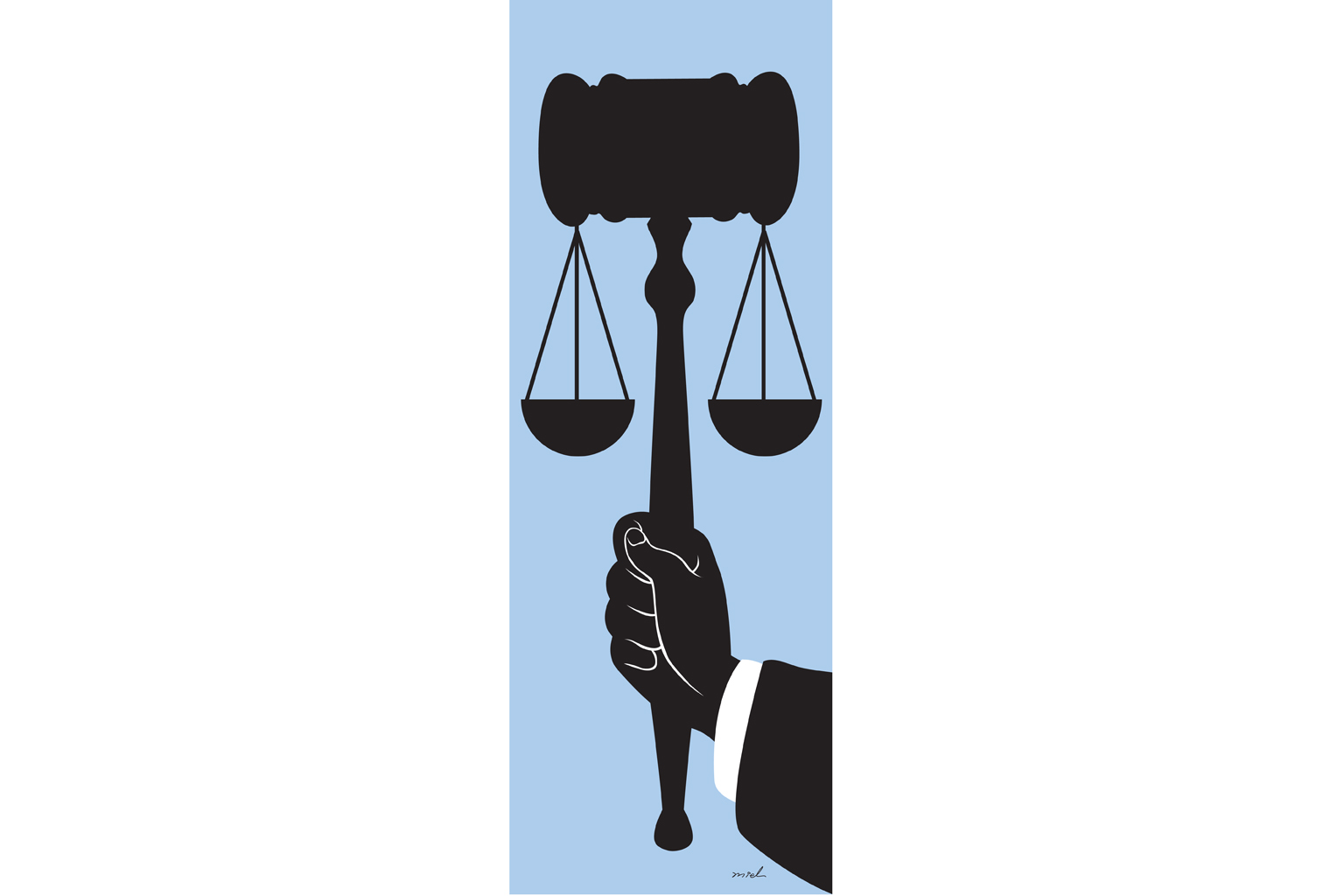Parliament: Stiffer penalties proposed for crimes against the vulnerable
Bill also widens coverage of such victims, raises Minimum Age of Criminal Responsibility
Sign up now: Get ST's newsletters delivered to your inbox

ST ILLUSTRATION: MIEL
SINGAPORE - People who commit crimes against vulnerable victims, such as maids and disabled persons, will receive twice the maximum punishment for similar crimes against others under the new Criminal Law Reform Bill introduced in Parliament yesterday.
Currently, such offences draw 1½ times the maximum punishment for crimes under the Penal Code.
The Bill, put before the House by Senior Parliamentary Secretary for Home Affairs Amrin Amin, also widens the coverage of those considered vulnerable to include children younger than 14.
These are among the key provisions of the Bill, which will update the 150-year-old Penal Code "to ensure it remains relevant", the Ministry of Home Affairs said in a statement.
The last comprehensive review of the Penal Code was in 2007.
The Bill also seeks to update other legislation, such as the Criminal Procedure Code, the Children and Young Persons Act and the Women's Charter.
It draws on recommendations made by the Penal Code Review Committee last year to the Government.
The Bill also introduces several new offences to deal with emerging trends, such as voyeurism and easy access to child abuse material via the Internet.
But one of its key provisions is the widening of the scope of vulnerable victims beyond the existing two categories of domestic workers and people with mental or physical disabilities.
It will introduce three new groups: Children under the age of 14, those with whom the offender has a close relationship, and those the offender has an intimate relationship with.
Those in close relationships could include people living in the same household and those who have frequent contact with each other.
As for the definition of intimate relationships, the ministry said it will cover people who share the care and support of a child or are financially dependent on each other.
Separately, Law and Home Affairs Minister K. Shanmugam had disclosed last November that the Law Ministry is considering letting unmarried people in intimate relationships who are being abused to apply for protection orders faster under the Protection From Harassment Act.
The Bill also seeks to better protect vulnerable victims by introducing an offence of causing or allowing the death of a child or vulnerable person.
This will cover the scenario in which two or more caregivers in a household have the opportunity to cause death, but it is unclear whose act caused the death.
This provision, which would apply to the person who committed the unlawful act, as well as to someone who did nothing to stop it, makes the crime punishable with up to 20 years in jail, plus a fine or caning.
The Bill also proposes to raise the minimum age of criminal responsibility from the current seven to 10, which is on a par with jurisdictions such as Britain, Wales and Hong Kong.
The ministry said it had considered feedback from the social sector, but did not take up its suggestion to raise the bar to age 12.
While the number of arrests of those aged seven to nine is "small", there is an "appreciable increase" in the number of juveniles arrested who are aged 10 and older, and this may require the police to intervene, said the ministry, without disclosing the figures.
This proposed change will be accompanied by the development of a rehabilitation framework to manage children between the ages of seven and 10 who commit offences.
It is only when the framework is ready that the new minimum age of criminal responsibility will come into force.
Correction note: The article has been updated to reflect the fact that close relationships could include people living in the same household and those who have frequent contact with each other. We are sorry for the error.


